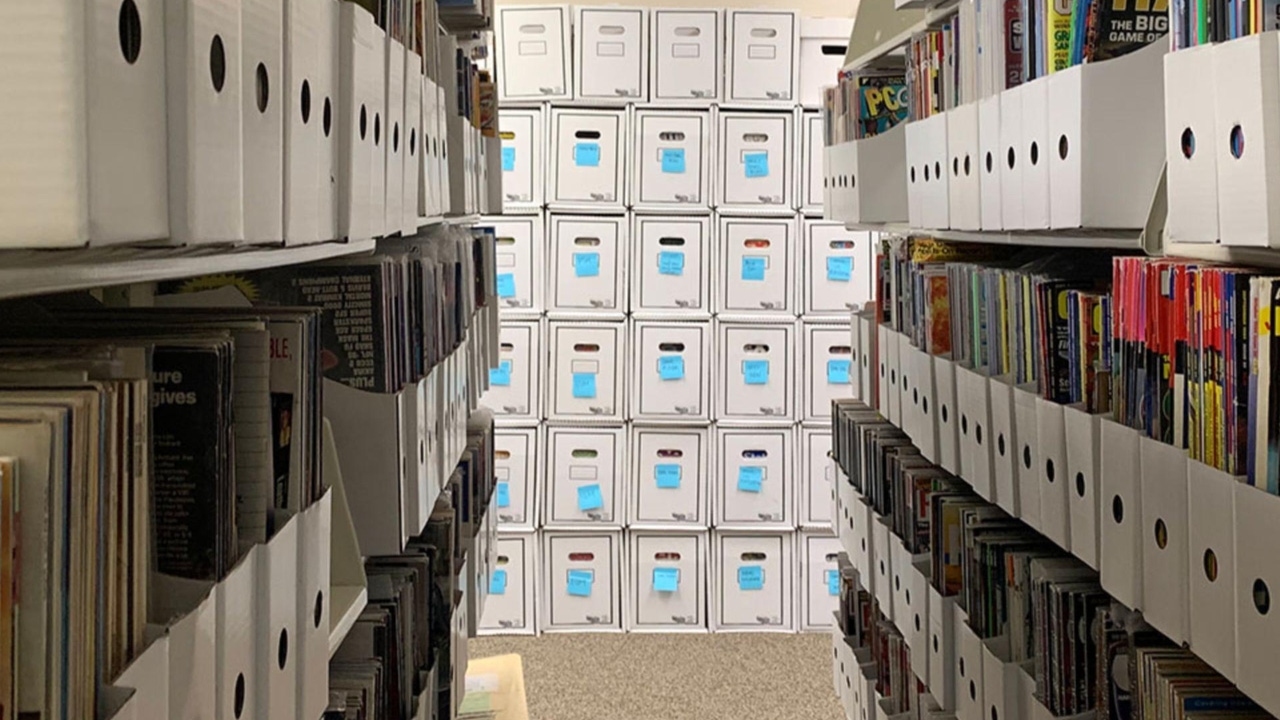Trending
Opinion: How will Project 2025 impact game developers?
The Heritage Foundation's manifesto for the possible next administration could do great harm to many, including large portions of the game development community.
The Video Game History Foundation decried the 'lobbying efforts by rightsholder groups' that have 'impeded' proper efforts to archive old games at libraries.

The U.S. Copyright Office will not expand an exemption to the DMCA rules that would allow for video game preservation in libraries and archives.
Since 2021, the Video Game History Foundation (VGHF) has been working with the Software Preservation Network (SPN) to find a way for libraries and archives to remotely share digital access to out-of-print games, which are currently forbidden by Section 1201 of the DMCA. In its own statement, the VGHF said it was "disappointed" by the Office's decision.
Preserving games has been a longstanding issue in the industry both in and outside of the US, and the VGHF has previously made moves to "preserve, celebrate, and teach the history of video games." Last year, the Foundation released a study saying 87 percent of games released prior to 2010 in the country were virtually inaccessible.
In page 191 of the Registers' Recommendation, the Office cited comments from the Entertainment Software Association (ESA) which claimed preservation supporters like the VGHF "[did] not propose a clear requirement to know who the users are or why they want to access a game." Likewise, it suggested those lack of requirements meant supporters aimed to "reserve almost complete discretion in how they would provide access to preserve[d] games."
The ESA has repeatedly pushed back against game preservation efforts, and continued to do so here. In its argument, the organization said a "substantial market" still exists for classic games, including secondary markets. "Enabling widespread remote access to preserved games with minimal supervision would present a serious risk to an important market," it wrote.
Comments like those echo the organization's stance back in 2023: preservation is an issue to be handled by the publishers and their affiliates, not historians or archivists of any kind.
Ultimately, the Register sided with the ESA, saying the VGHF "have not met their burden of showing that reproducing works to allow for multiple simultaneous use in the computer program class is likely to be fair." Additional criticism was levied at the VGHF's emulation stance, which was deemed "inconsistent and incomplete and the technologies are not addressed in the exemption text."
In response to the Office's stance, the VGHF said it was "not done fighting here. We will continue our advocacy for greater access and legal allowances for video game preservation and working with members of the game industry to increase internal awareness around these issues."
"We encourage people in the game industry who are disappointed by the Copyright Office’s decision to ask their leadership to push for greater support for the work of libraries and archives within their industry groups," it concluded.
You May Also Like